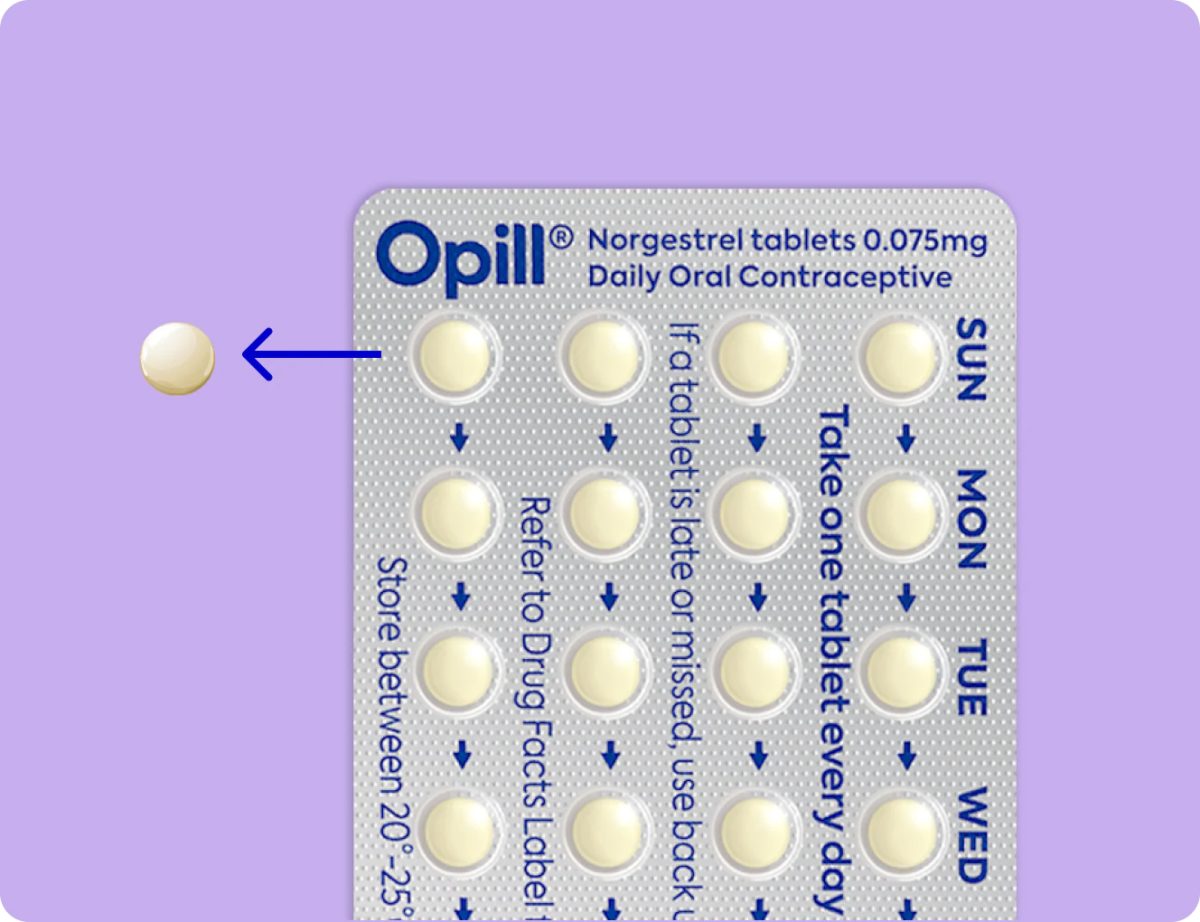After years of needing a doctor’s prescription to get the birth control pill, an over-the-counter (OTC) pill has finally been released. The FDA approved the progestin-only Opill birth-control method July 13, 2023, but it was just released to the public March 18, 2024. The pill will be sold in a three to six month supply at CVS and Walgreens nationwide.
However, despite not being the “typical” mix of progestin and estrogen, the Opill is still around the same price as the “typical” pill. The estimated price for a one-month supply is around $20, and for a three-month supply it will be around $50. This pill could be a great alternative for those who can’t afford to get a prescription from a doctor for birth control, but with these prices it can still be hard for someone to get their hands on this contraceptive.
Many are wondering how this progesterone-only pill works and the effects it has compared to the “typical” pill.
“The pill itself is a progesterone-only pill. When most people think about birth control pills, they are referring to a pill that is a combination of estrogen and progesterone, which stops ovulation, stabilizes hormones that are released in the brain and prevents pregnancies, decreases the amount of bleeding and pain most people have, so there’s lots of uses for that particular [combination] pill,” Nicki Ingrisano, OB-GYN at Swedish First Hill Hospital, said.
“Progesterone-only pills are approved OTC because essentially there are no risks.” Although this pill is a good thing it’s not perfect. “The key for the progesterone-only pill is that it’s not as effective or as forgiving as the regular pill, [which is] combining estrogen and progesterone. If you use [Opill] completely perfectly it can be very effective, but if you use it as the typical use[r does] the efficacy is maybe 91% at most. [Additionally,] the progesterone-only pill [requires that] you have to take [it] at the same time every day, or else the effectiveness really plummets. There is a recent study that if you skip it, even just for one day of the month, 23% of people will ovulate and be at risk of getting pregnant.”
For people who have a harder time getting access to healthcare, the OTC birth control will give them the healthcare access they need.
“Being able to have birth control accessible OTC helps make it so those people in our communities who have the hardest time getting the healthcare they need [can more easily] get it, and when their healthcare is easier for them to get it makes it easier for them to take care of their bodies how they need to,” Jackie Vaughn Executive Director of Serge Reproductive Justice, said.
However many parents are wondering what this means for them and their kids, and how or if they should talk to their children about this new OTC pill.
“This is a really good opportunity for parents to push themselves to have those conversations [about birth control] with their kids that maybe they have shied away from having. They feel that they don’t have the skills or tools to have those conversations but with birth control being able to be accessed OTC it’s another opportunity or moment for parents to step up and have these conversations with their kids,” Vaughn said. “We live in a world where we have to be mindful of all the things that young folks are exposed to. I think it’s better for that information to come from the parent and for the parent to have that trust between them and their kids.”
Despite the high prices and not being 100% effective, having this OTC birth control pill is great for people getting the healthcare they need.









